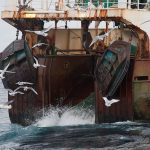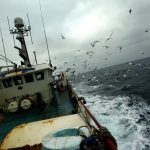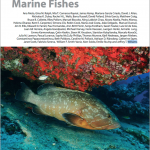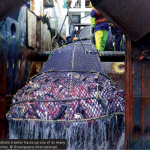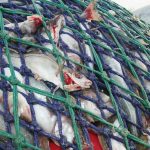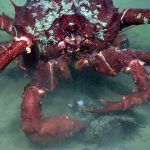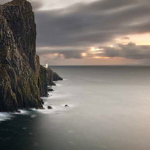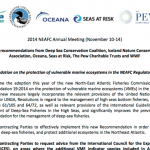The 37th Annual Meeting of the Northwest Atlantic Fisheries Organization (NAFO) concluded today in Halifax, Canada. Member countries agreed to several measures that will lead to improved ecosystem protection, but did not follow scientific advice provided over the past two years to close a number of deep-sea coral and sponge areas to bottom trawling or to regulate the fishery for alphonsino, a deep-sea species fished on the high seas of the northwest Atlantic.
Continue reading NAFO closes seamounts to bottom fishing, fails to regulate Alphonsino fishery

